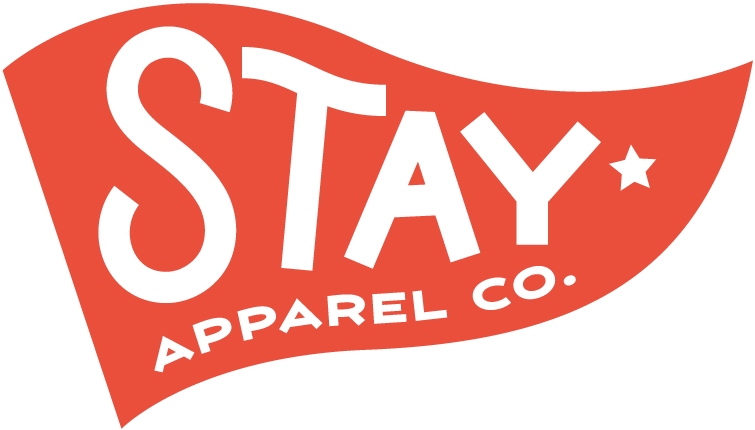A cheaper import by another name is still a cheaper import
Not all imports are created the same.
When consumers purchase Belgian chocolate or Icelandic wool, Swiss watches or Italian leather, they are buying into the rich traditions, craftsmanship and authenticity attached to those products — and probably paying a premium to do so.
Far different are the products cynically outsourced to where labor costs are lower or environmental regulations are lax or even nonexistent.
What’s worse is how some manufacturers and retailers hide behind euphemisms and obfuscations to deflect attention from the fact that their products are imported.
One of my favorite examples is when a product is described as “designed in” America, or better yet, “designed, printed and shipped from” an American city, as one flag-waving T-shirt brand put it. Unsaid is that the manufacturing of the garment occurred somewhere other than in the United States.
‘Imported responsibly’
One south-central Pennsylvania retailer described a shirt offered on its website as “made abroad, by adults,” as if only children can be exploited. Another item was “imported responsibly,” just take their word for it.
There’s a “Nebraska-born, family-owned company” that touts its “small-town values” and describes itself as “one of America’s most respected and leading brands,” no doubt owing to its “Midwestern-style commitment to product quality and customer support.”
You have to dig a little deeper into the company’s bio to learn that it long ago shifted manufacturing to China.
It’s always worth verifying where products are made.
Around the holidays, we let our guard down when we purchased a tin of Danish butter cookies at a chain drug store.
The cookies were imported, all right. From China.
